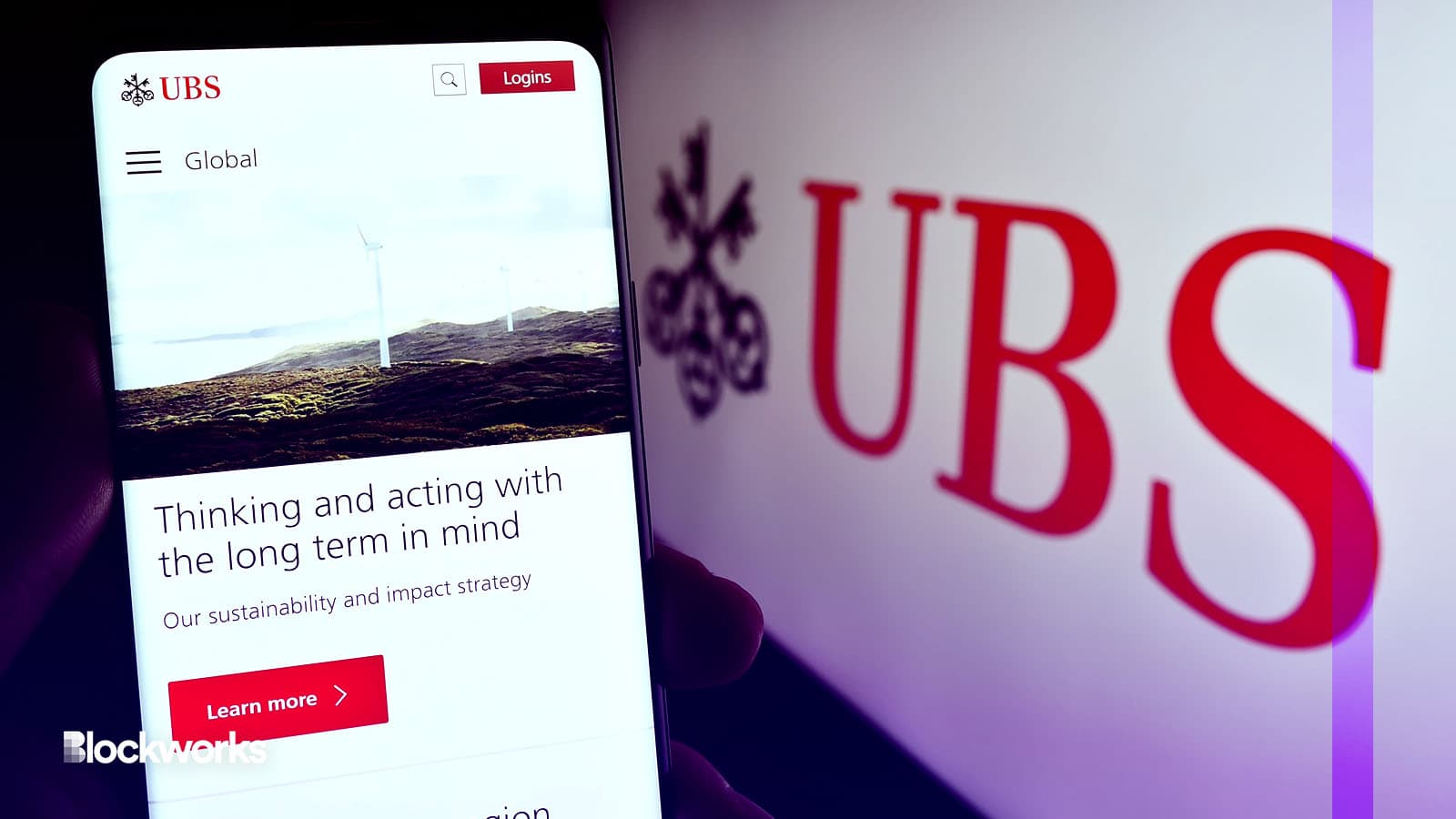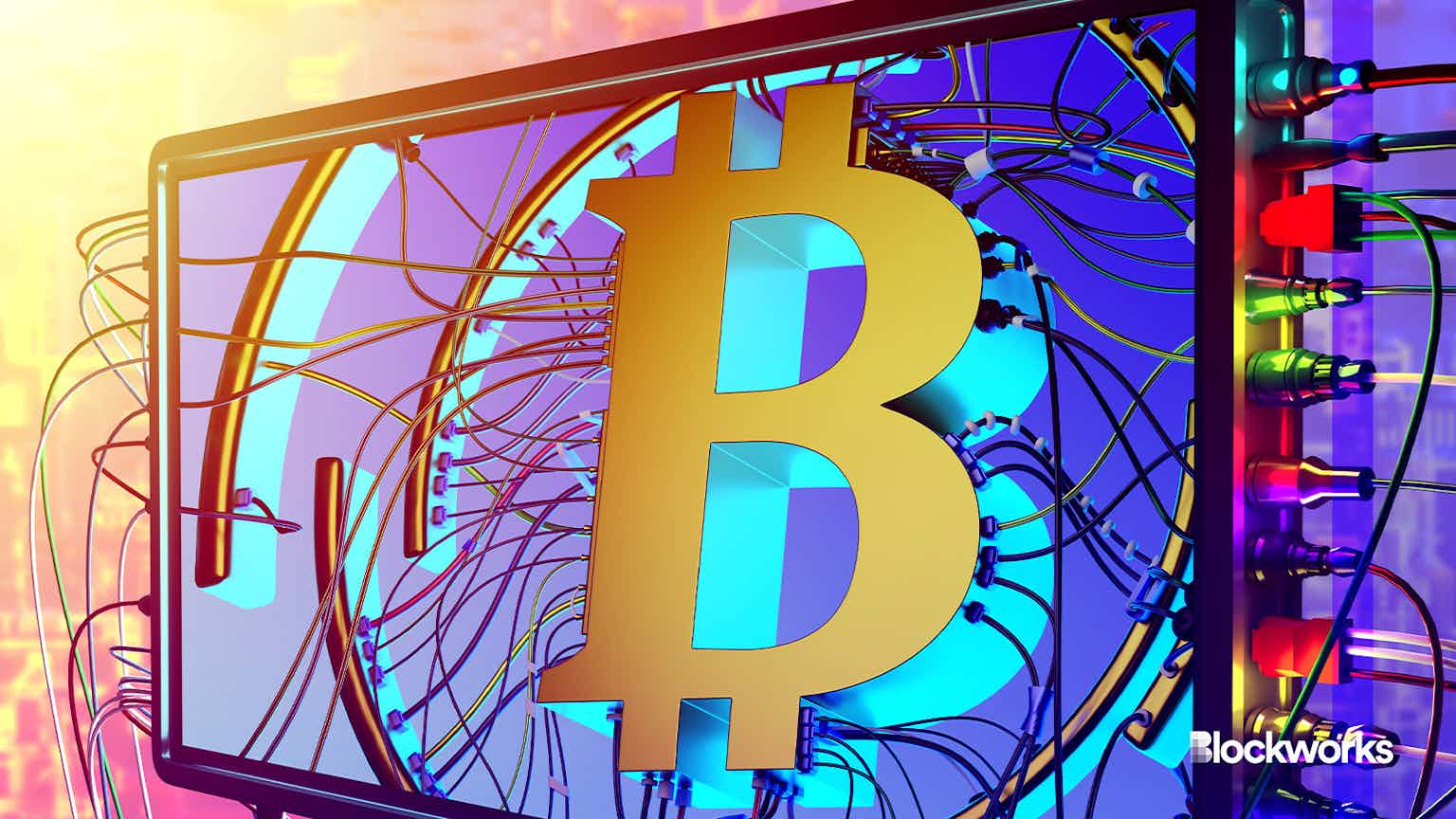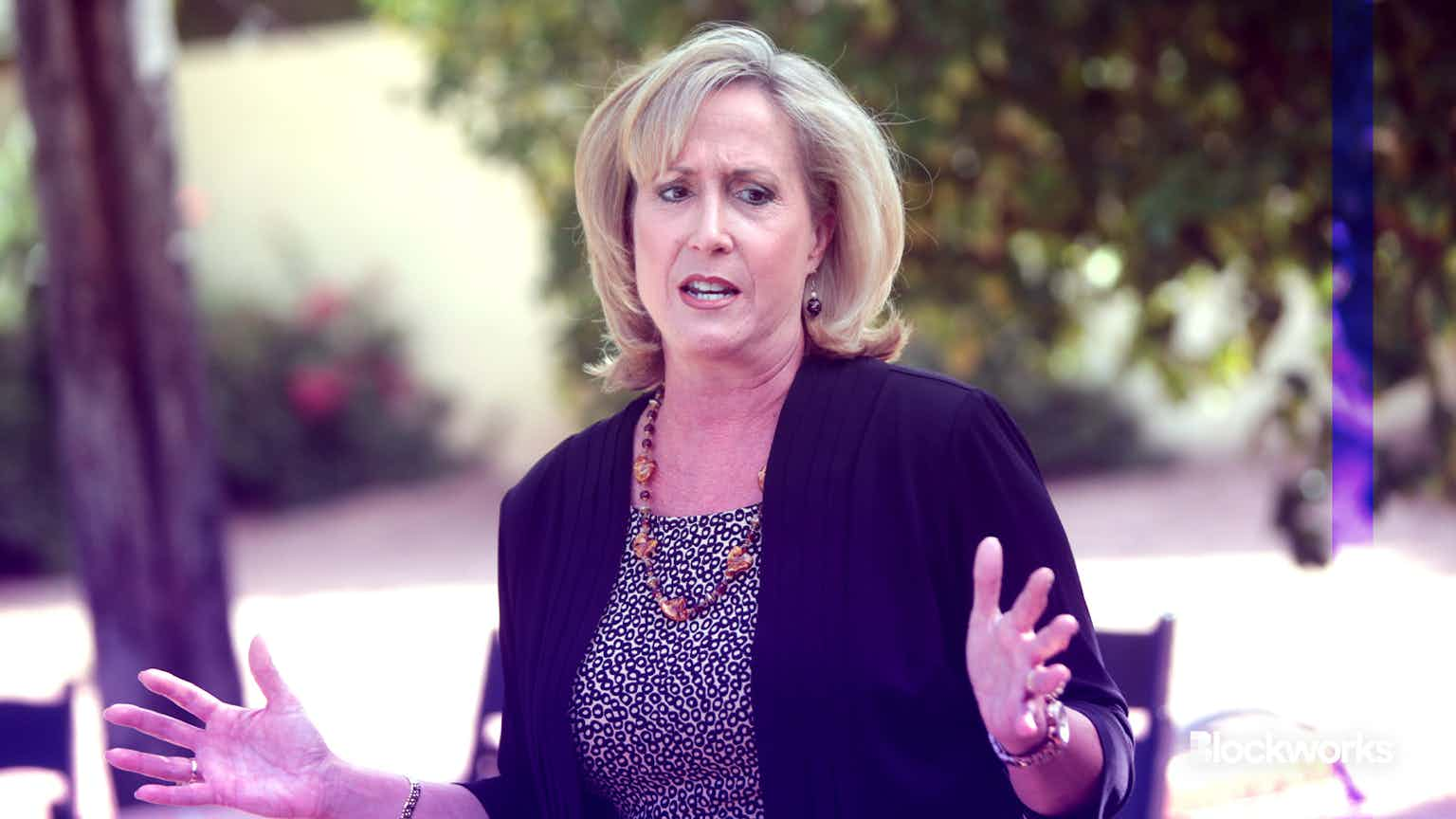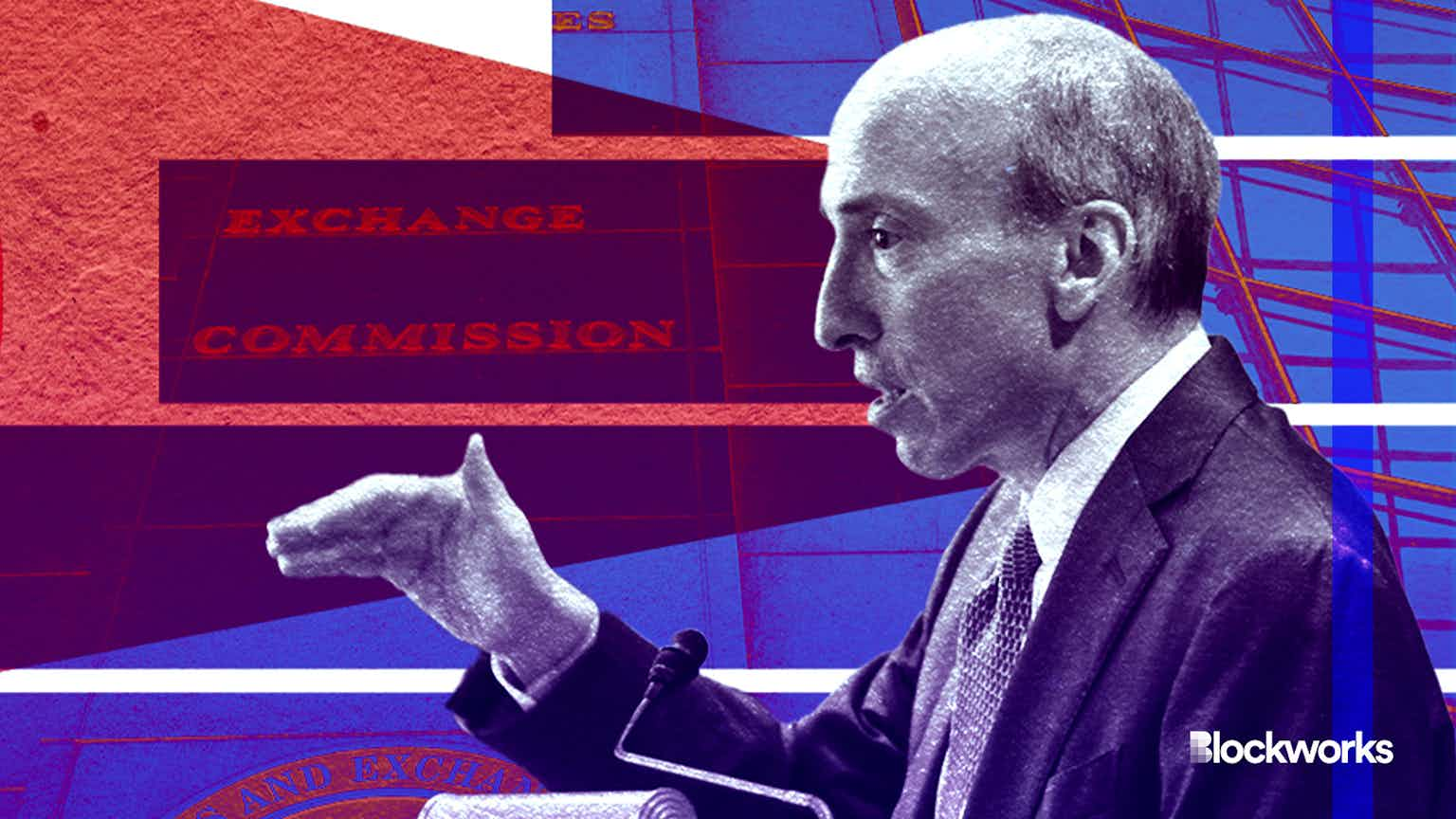Real Examples of European Institutions Using Public Blockchains
Some big European companies have made major strides in adopting blockchain technology

T.Schneider/Shutterstock modified by Blockworks
For a while now, European institutions have been showing signs of significant participation in the blockchain industry, demonstrating its range and impact on traditional finance.
Banks and other major players have clearly paid attention to increased institutional demand for digital assets and built products accordingly. Blockchain’s potential to revolutionize the way the world does business is being recognized.
European institutions are focusing on custody to digital finance strategy and tokenization — often outstripping the US for development and adoption.
Below is a look at some initiatives by European financial institutions that demonstrate the blockchain space is maturing:
Societe Generale
France’s third biggest bank Societe Generale deployed the Ethereum contract for a euro-pegged stablecoin, EUR CoinVertible (EURCV), on April 20.
The bank’s blockchain-focused subsidiary, Societe Generale-Forge said the new stablecoin will only be made available to institutional investors who are vetted through know your customer and anti-money laundering checks.
EURCV will also be compliant with the Basel Committee’s prudential treatment of crypto asset exposures, which likely makes this offering robust in the eyes of European regulators.
European Investment Bank
European Investment Bank (EIB) launched its first sterling-denominated digital bond on Ethereum earlier this year.
The EIB is the primary lender of the European Union, and its blockchain undertaking represents significant affirmation on behalf of the bloc.
This move was followed by the EIB’s previous sales of euro-denominated digital bonds on Ethereum in 2021.
Deutsche Börse
German multinational Deutsche Börse in February chose Google Cloud to support its digital securities platform D7, which has an institutional-grade offering. It eventually intends to support “multiple blockchains and protocols.”
Siemens
German engineering titan Siemens in February issued a $65 million one-year bond on Polygon, in accordance with the country’s Electronic Securities Act.
DekaBank, DZ Bank and Union Investment are among investors in the digital bond.
ABN AMRO
In January, Dutch bank ABN AMRO used the Stellar blockchain to issue a $492,000 bond on behalf of an aircraft parts company.
The bank partnered with tokenization firm Bitbond and Fireblocks to facilitate custody.
UBS
While not a public blockchain, UBS issued a $370 million bond on the SIX Digital Exchange blockchain platform, geared towards regulated tokenized offerings.
The bond was also sold on the Six Swiss exchange. The three-year bond carries a 2.33% coupon.
Investors could choose to clear the bond on either SDX or on SIX.
BNP Paribas
In July last year, BNP Paribas tokenized a bond to fund a solar energy project under French utility giant EDF using Ethereum.
The move enabled investments of smaller amounts, enabling the development of smaller renewable energy projects.
Banco Santander
In Sept. 2019, Spanish bank Banco Santander issued itself a $20 million bond, which it said was the first end-to-end blockchain on the Ethereum mainnet. The bond matured in a year, paying 1.98% returns every quarter.
More recently, the bank is reportedly testing a blockchain-based tokenization platform to transfer car ownership of used cars in Brazil.
JPMorgan
JPMorgan is not to be left behind. The US banking giant executed trials for foreign transactions in November, using Aave and Uniswap as directed by Singapore’s central bank.
Although, the trial wasn’t technically for the benefit of the US. The trade was part of the Monetary Authority of Singapore’s Project Guardian pilot, which aims to explore DeFi applications.
Start your day with top crypto insights from David Canellis and Katherine Ross. Subscribe to the Empire newsletter.





